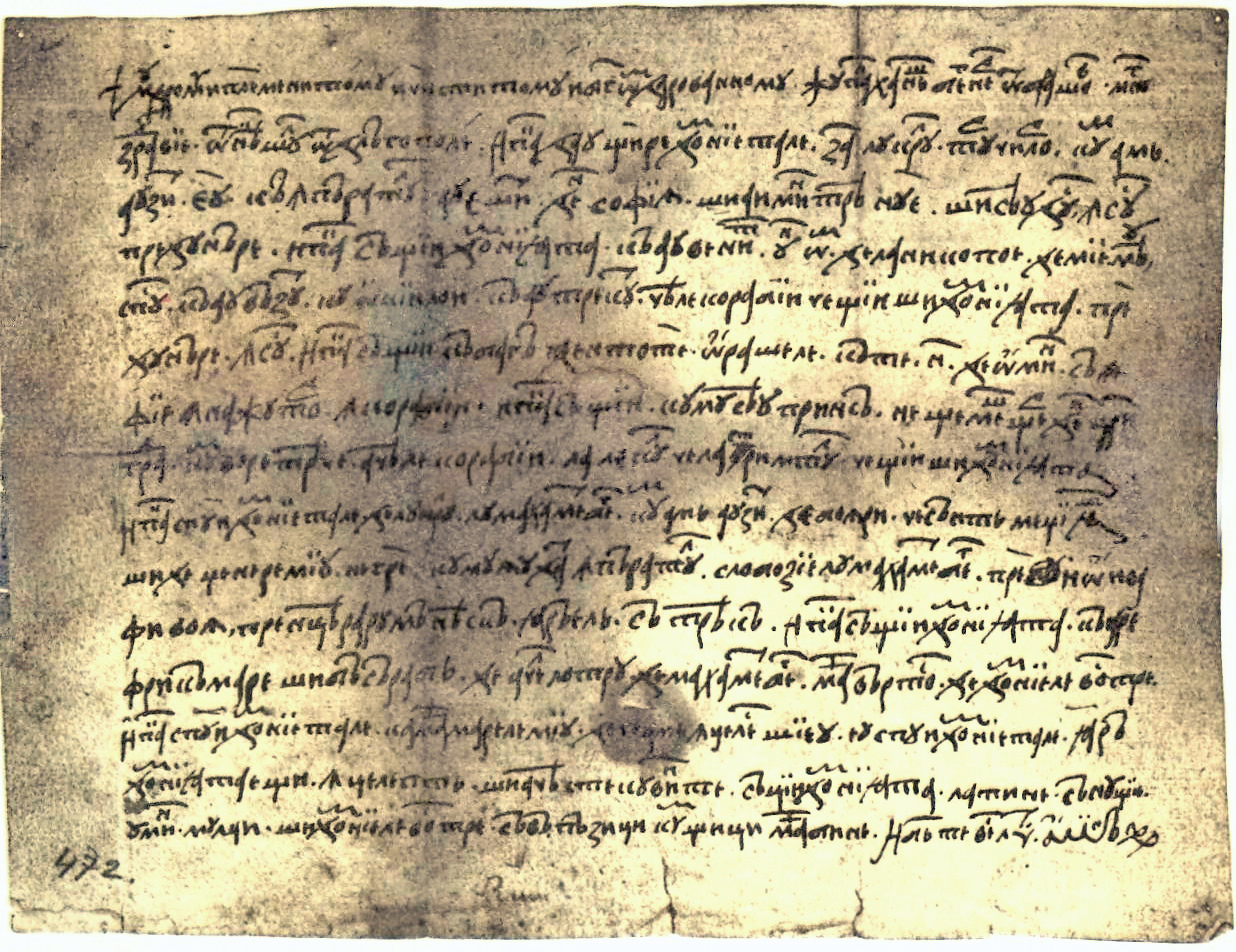| QUOTE (Valium @ April 28, 2011 08:01 pm) |
| [QUOTE=21 inf,April 28, 2011 05:13 pm] [QUOTE=MRX,April 28, 2011 01:59 pm]Valium: from early Middle Ages almost to modern era, romanians were reknown for "jus vallahicum": the oral transmision of the law and rights, recognised by all foreigners.... [/QUOTE] I know this, and I really believe valachians didnt write anything... The main question is why are not sources about them in bizantine, or western sources? Should be a clue valachians were faraway from both? Would bizantines destroyed their own sources? We know Asen brothers were, before their revolts, rather bizantine subjects Nevethenless, the only source, is Anonimus, an hungarian... On the other hand, bulgarians lacked the sources on their own, so, what about vlachs?! |
There are sources before Anonymus. Constantin Porfirogenetul wrote about the teritories from north of Danube. Some of them might point wallachians. I often saw that some people said that there are no sources about wallachians in a certain period: are the wallachians the only case, especially on early Middle Ages? I believe not, but we didnt compared the number of sources for other nations from the same period. Maybe if we look to others also, we'll see they also dont have many writings to remind about them.
For comparison, detractors of dacian rules of romanian language, says that only a very small number of words in romanian might be of dacian origins, the rest being greatly of slav origin. Very few romanians (or others) maybe studied that the phenomenon is the same for spanish and french language. The same little percent of iberic and celtic words are to be found in both this languages, but fewer contested the origins of spanish and french. And the french have a name of a german population, not even a celt or latin one!
